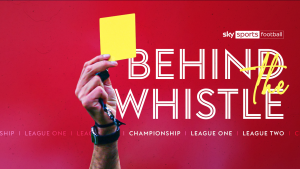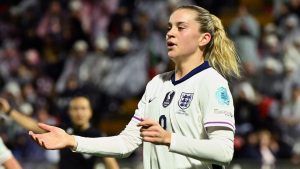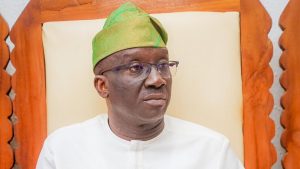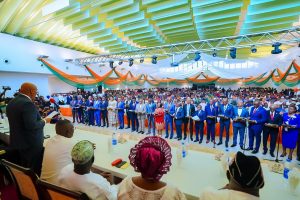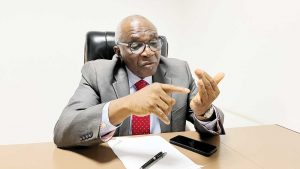How much did emotion play into Andrew Luck’s decision to retire?

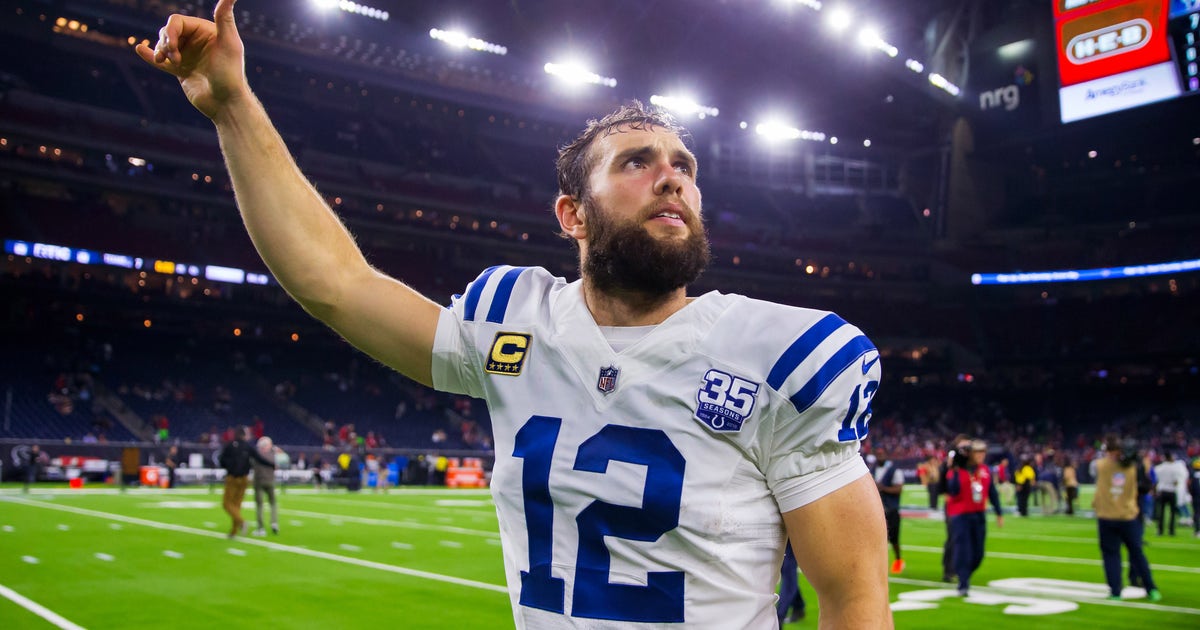
Just in case you’ve been on a technology detox over the weekend, let’s start with this: Andrew Luck retired from the National Football League on Saturday night. And it is all anyone is talking about.
Citing the frustration and pain of dealing with repeated injuries, the Indianapolis Colts quarterback called time on his seven years in the NFL in a tearful press conference following his now-former team’s preseason loss to the Chicago Bears. The retirement news seeped out to the fans in attendance during that game, but aside from a few moronic boos at the final whistle, there has been little backlash against Luck — just surprise. Messages of support flooded in, especially from current players and those who have been closest to the game. What many observers saw was a highly intelligent man making a decision based around protecting his future quality of life.
“Andrew Luck has a lot of options in his life, and he is looking at it that he wants to play with his kids and not go through pain, day-in, day-out,” former NFL head coach Eric Mangini told FS1’s First Things First.
Trevor Moawad saw that, too, but wondered if there was a little more to it.
Moawad is Seattle Seahawks QB Russell Wilson’s longtime mental coach, and he is paid to see what others might not. In the case of Luck, he could not help but wonder if there were emotional factors in play that influenced the decision’s swiftness.
“It is a really interesting situation,” Moawad told me in a telephone conversation. “The timing of the decision tells you the significant part emotions are playing. That tells you a lot is going on around the mindset — someone so good and talented got to the point where he felt this was the only option.
“He probably felt his back was against the wall in having to make a decision. Negativity is so much more powerful than positivity. When you are facing injury and consumed by the pressures, it feels so much bigger than the positive things in your career at that moment. That’s where perspective is everything.”
“Watching Andrew Luck in the press conference, he looked like a broken man. He said after the last 4 years of injury, surgery, rehab, it had robbed him of his joy to play the game. I commend him.” — @ShannonSharpepic.twitter.com/6os4qSzgba
— FS1 (@FS1) August 26, 2019
Moawad has worked with Wilson since before the 2012 draft, and the pair also launched Limitless Minds, a business coaching consultancy firm, this year. His first book, It Takes What It Takes, is due out in February, and he has a resume that includes extensive work with elite college football programs such as Alabama, Florida State and Georgia, plus Olympic legend Michael Johnson, business leaders and even the U.S. Navy Seals.
Moawad’s clients swear by his straight talk, and it is important to listen carefully to what he says. His comments regarding Luck were in no way critical — more hopeful that people might realize the unique mental demands elite quarterbacks are under. He and Wilson have frequent conversations specifically designed to strategically manage the mental handling of the inevitable pain an NFL career brings.
“What it looks like [with Luck] is that the emotions took over,” Moawad added. “Russell and I focus on neutral thinking. The reason positive thinking hasn’t resonated with the world is that it implies you have to move from a bad state to a good state too fast for most people. We try to minimize the negative, take control of your language. It is easy to ‘catastrophize’ when you have a lot of momentum against you.”
The son of former NFL QB Oliver Luck, the now-retired Colts signal-caller would routinely stand in the pocket that extra fraction of a second needed to make the best possible throw. He would congratulate defensive linemen who flattened him. At different times, Luck suffered a lacerated kidney, concussion, damaged ribs, and torn shoulder cartilage, plus the recent calf and ankle issue that prompted his decision to retire.
Colts owner Jim Irsay claimed Luck is walking away from maybe half a billion dollars, based on what the top quarterbacks now earn, and the longevity of superstars like Tom Brady and Drew Brees. Still, Luck has made plenty of money to this point, and the cost-benefit analysis of his health versus his revenue tipped toward life over livelihood.
“This is the most shocking NFL retirement ever.”@getnickwright on Andrew Luck and all of the most shocking retirements in the NFL. pic.twitter.com/eS2AgprapE
— FOX Sports (@FOXSports) August 26, 2019
“Because the economics are so strong and guys can make so much money, they don’t have to say ‘I will stay out here and I don’t have to,’” said FOX’s Cris Carter on First Things First. “I can understand and respect what his body has been through. I respect this generation to be smarter than [its] predecessor.”
But was it the physical pain and the rehab that made him give it all up, or the associated mental anguish? Luck was physically fearless, yet dealing with injuries is a whole different kind of challenge. Facing more time out of action, and uncertainty about whether he could return to his best, must have been agonizing.
“The behavior is so much more powerful than the feelings,” said Moawad, who helped former NFL running back Fred Taylor extend his career over a decade when it looked like it might be derailed early though repeated injury. “When you are injured, the only thing in your control is specifically believing that your actions will give you the best outcome. Don’t let the feelings guide you, because they are going to mislead you.”
“It is easy to think you can’t catch a break,” he added. “But what happens next is based on what you do, not how you feel. With [Luck], it doesn’t mean that because he struggled with injury, he would continue to do so.”
Ultimately, he has full respect for Luck’s character, and his decision. Yet Moawad is not alone in wondering if there may come a time when Luck second guesses himself. It isn’t easy to think straight when you’re making decisions affecting your life and career, even more so when the sports world can think of nothing else.
“I was not shocked by this — Andrew Luck in his first 3 seasons took an unholy amount of punishment. I’ve never seen anything quite like the punishment he took.”@RealSkipBayless reacts to Andrew Luck retiring after 6 seasons in NFL pic.twitter.com/eJta4IAX6Q
— UNDISPUTED (@undisputed) August 26, 2019


